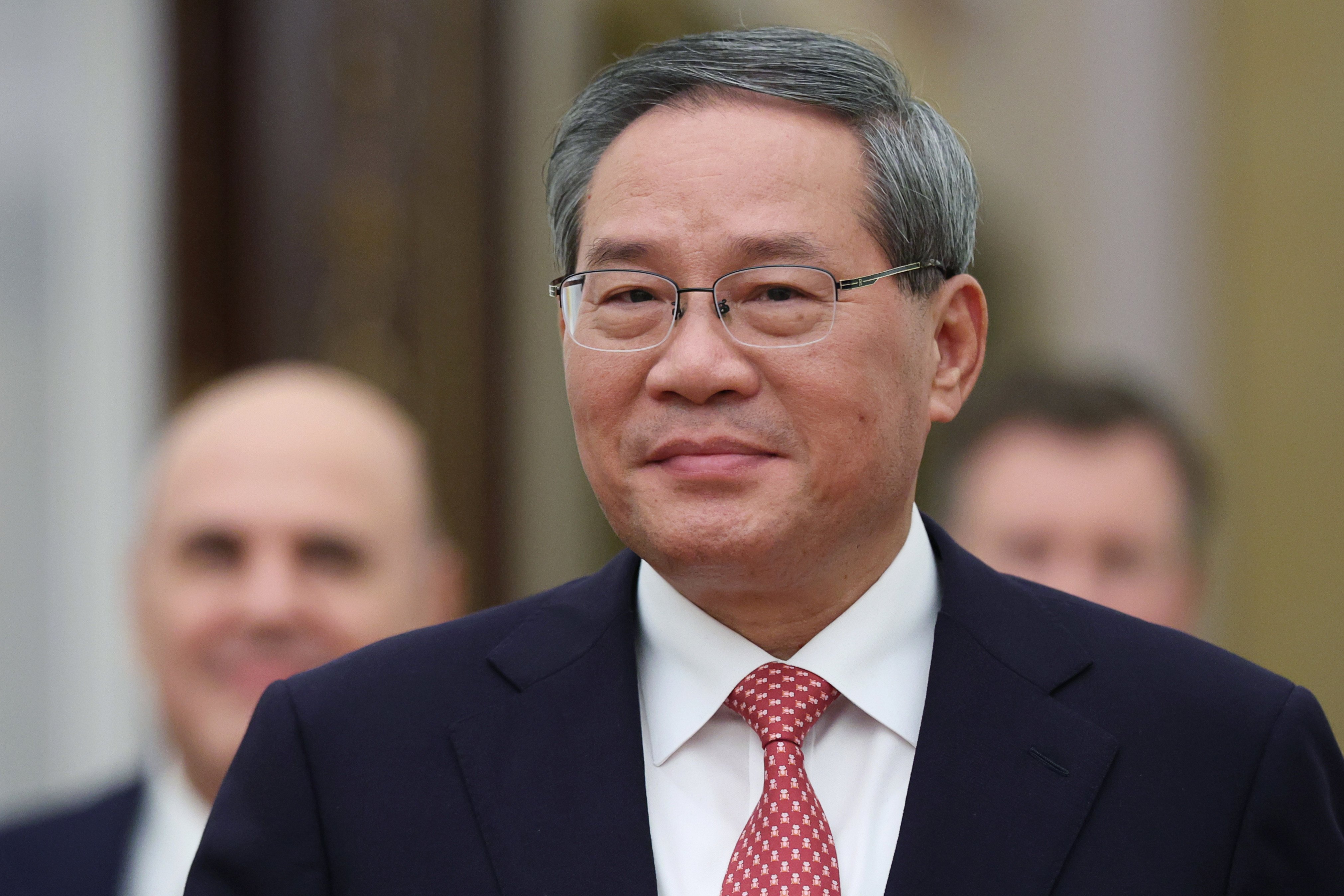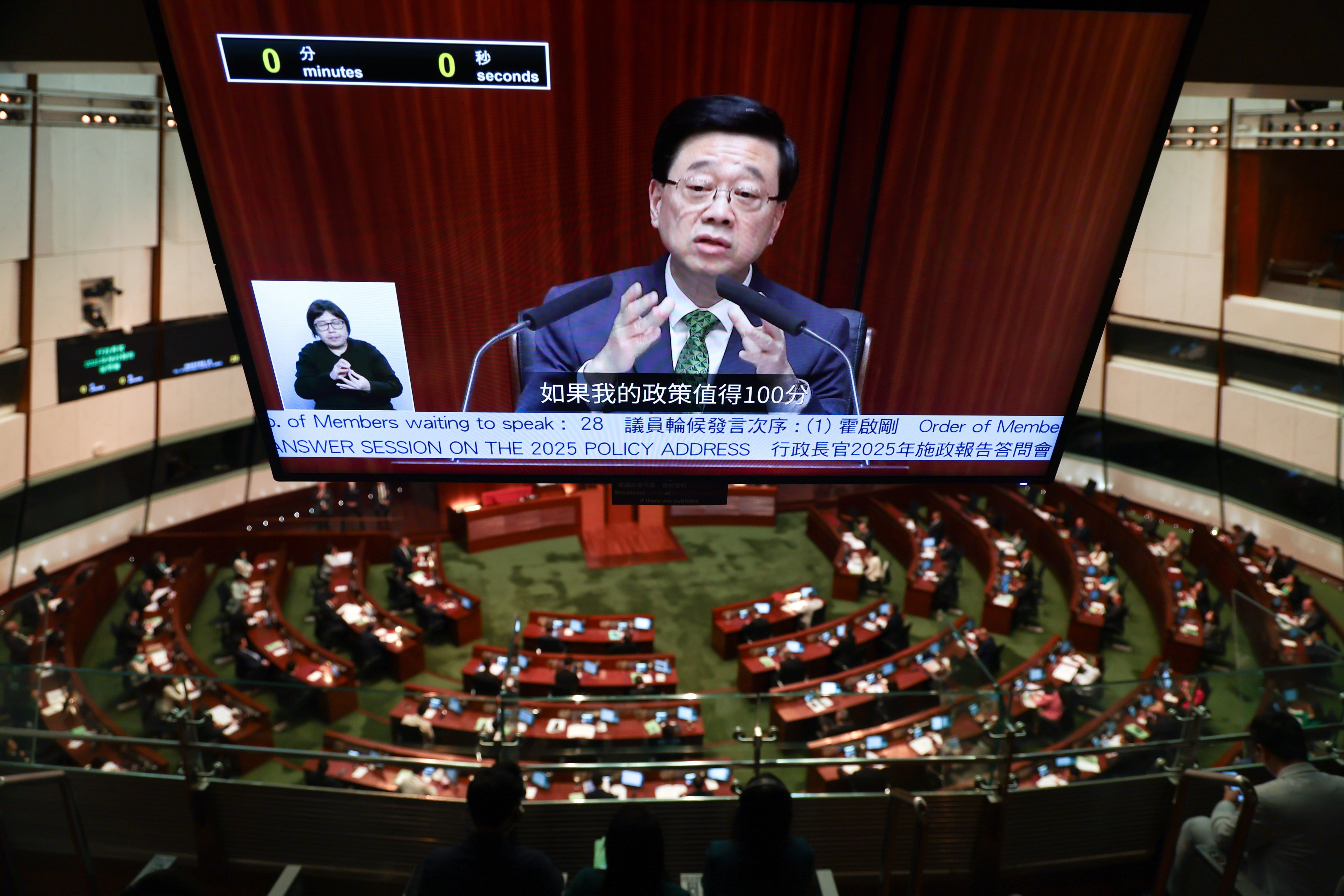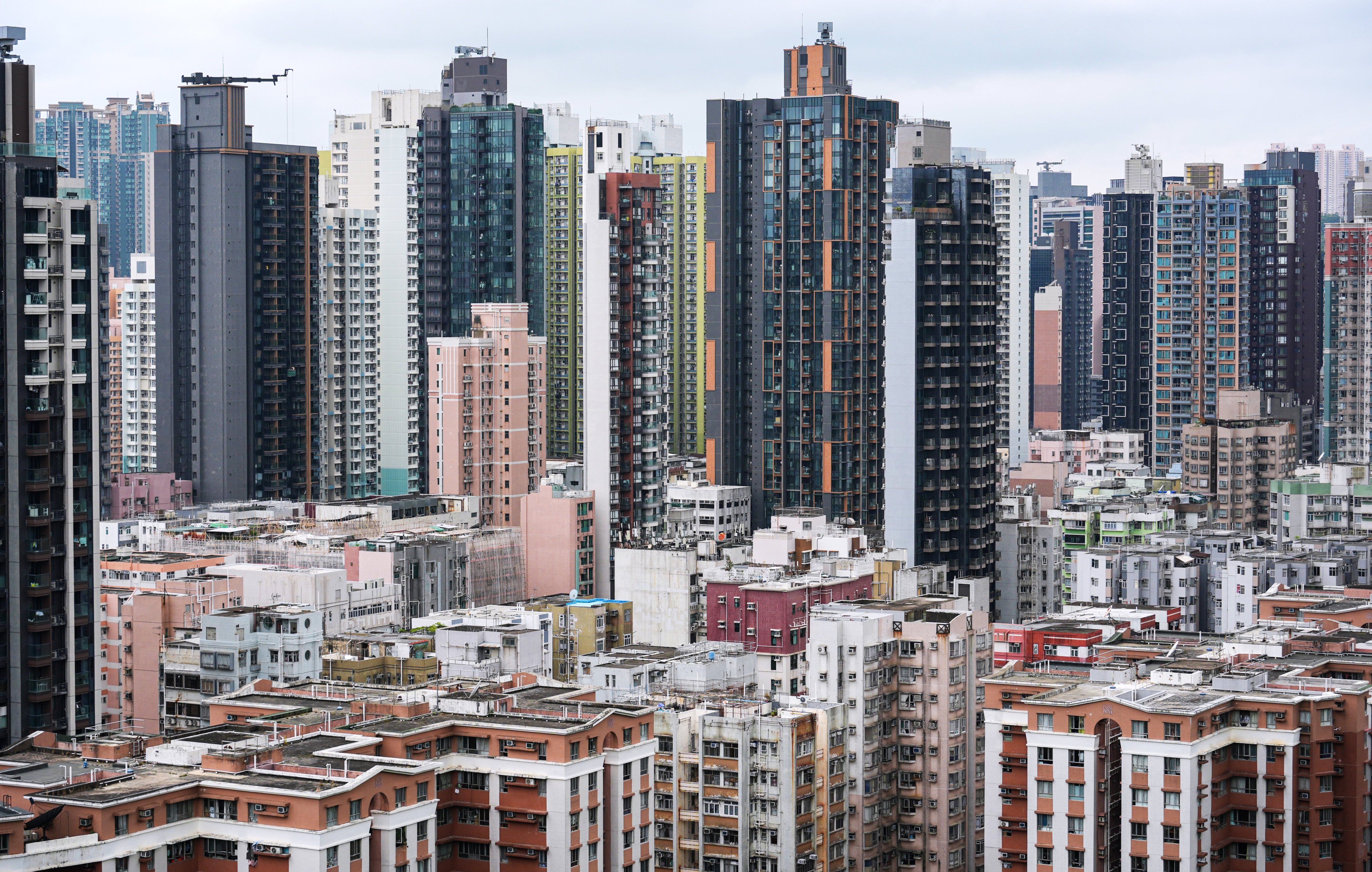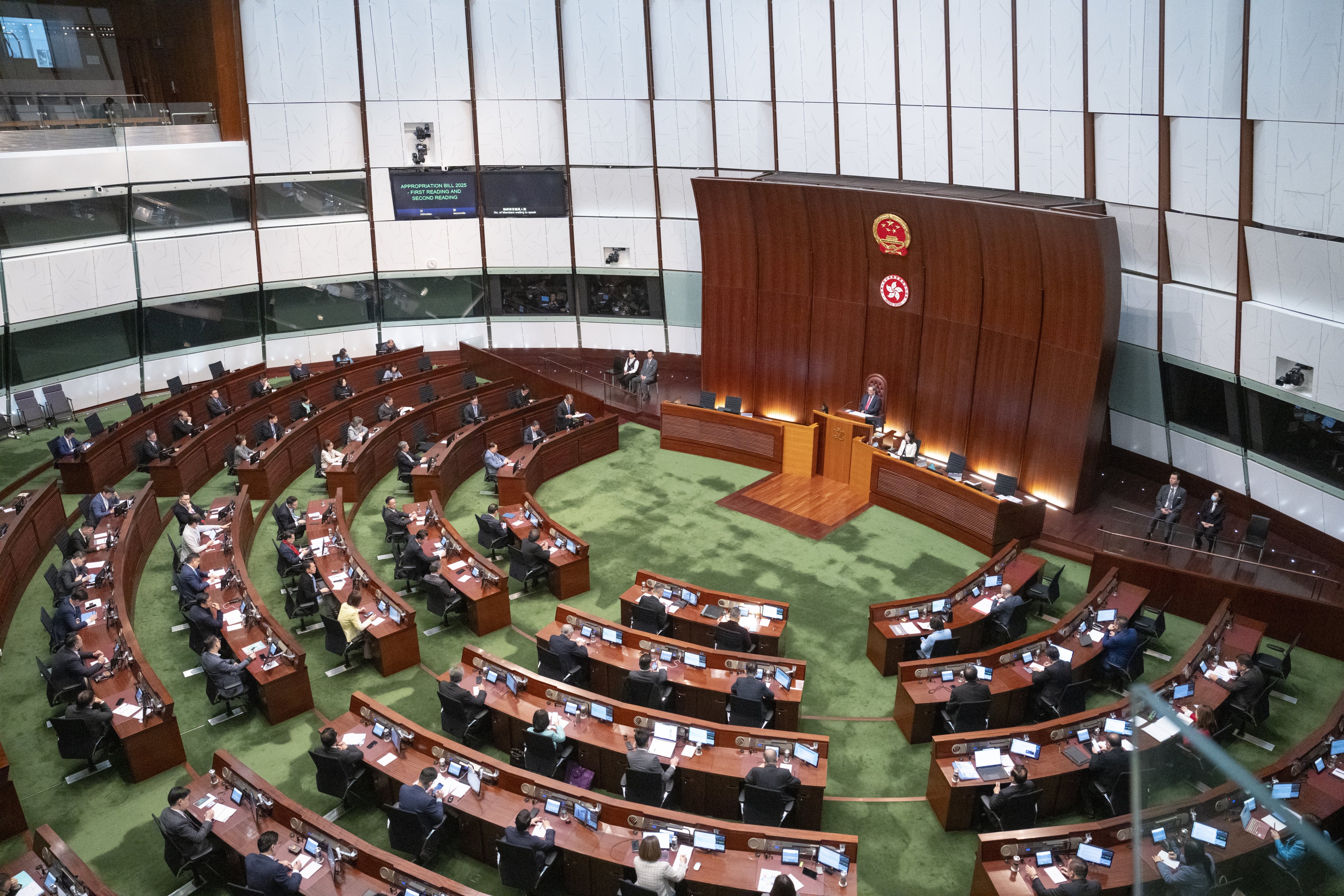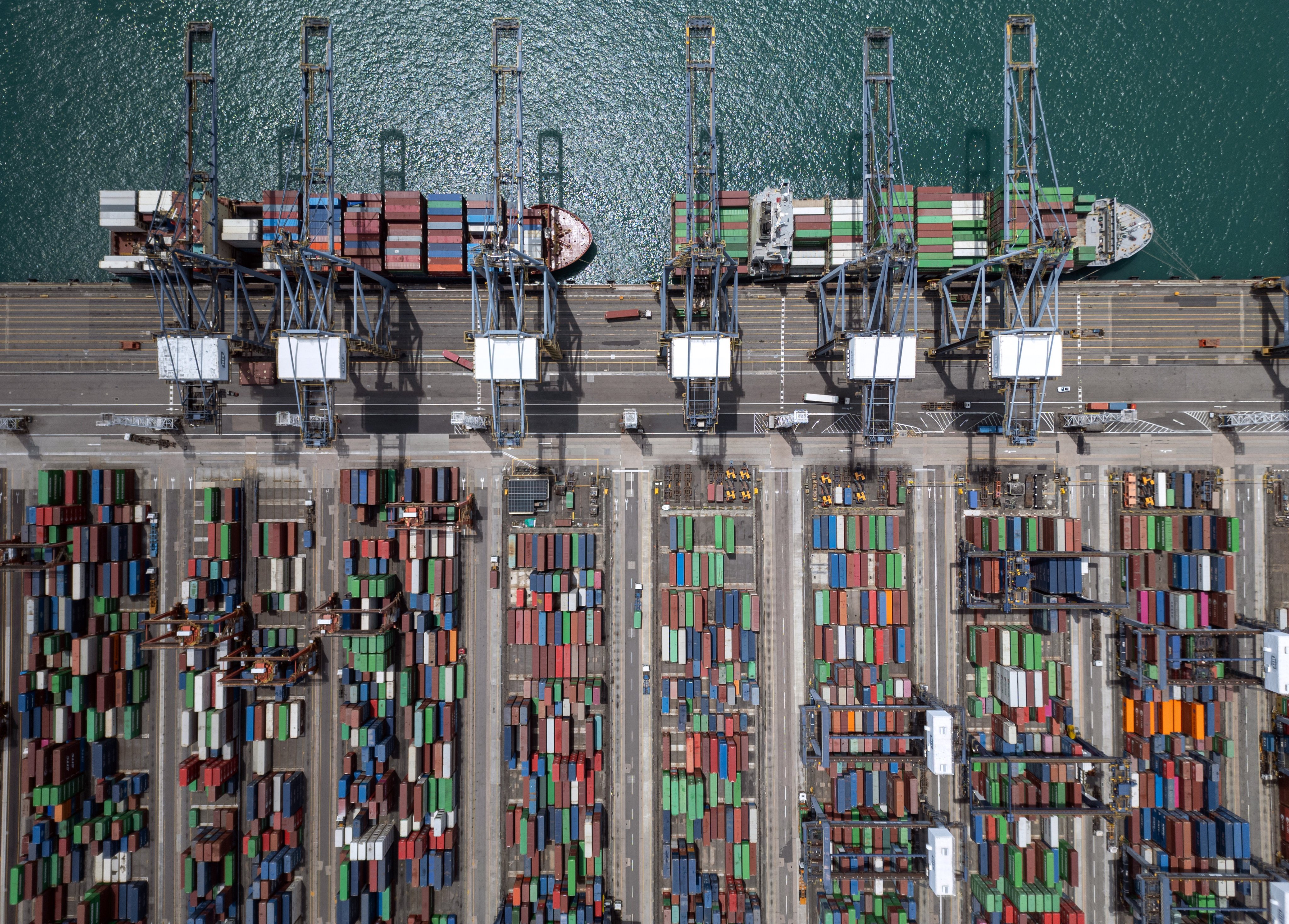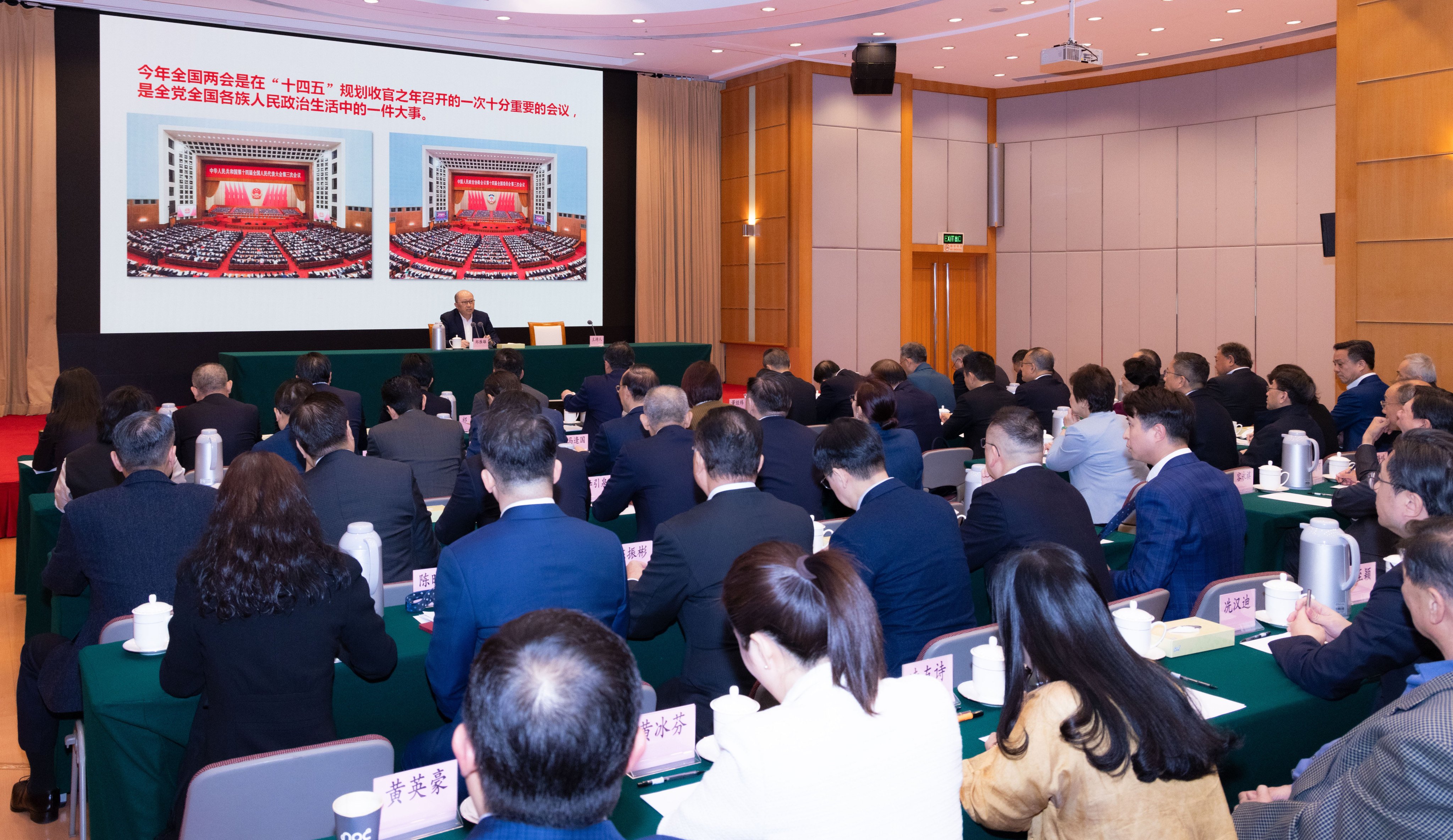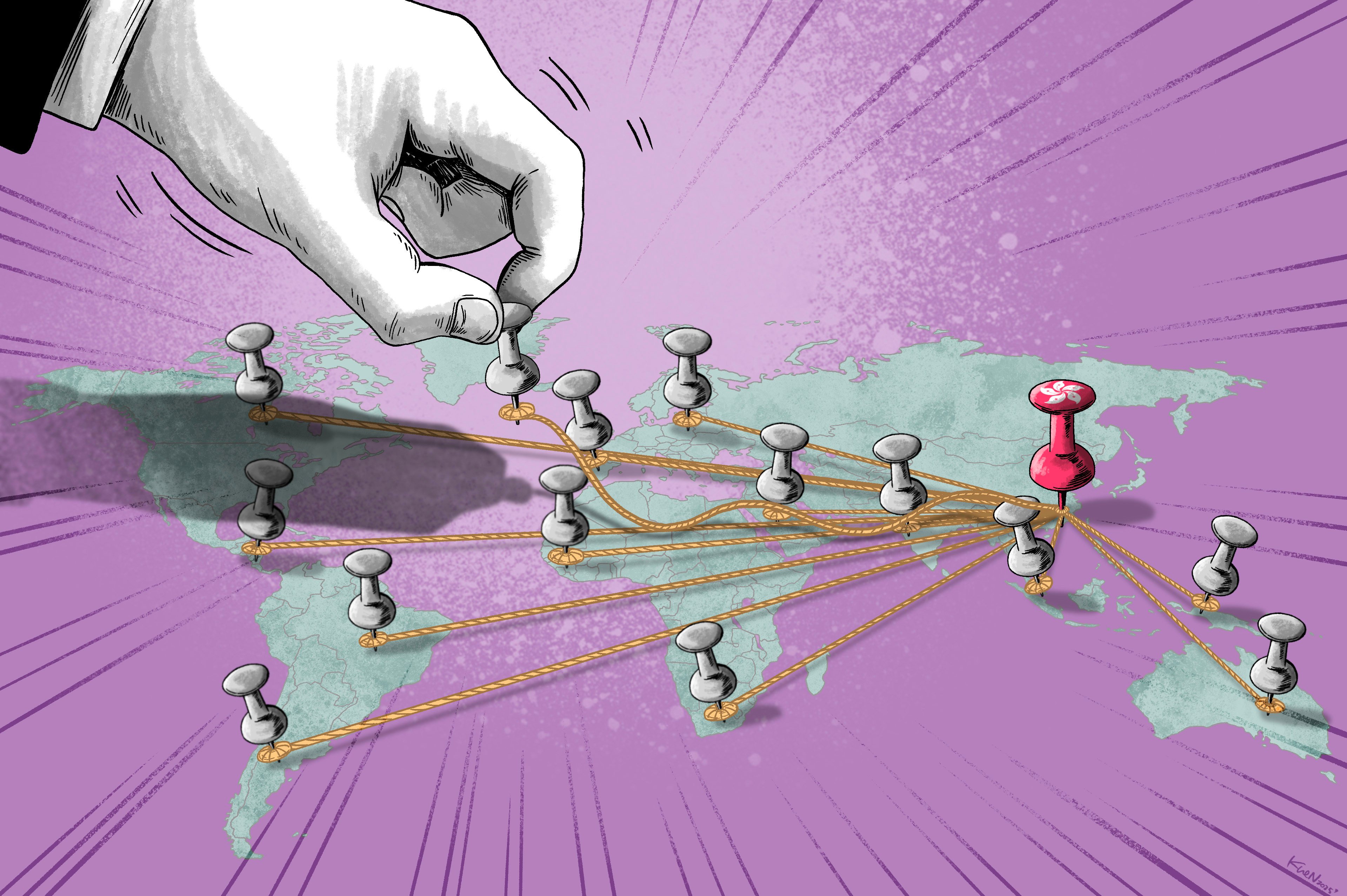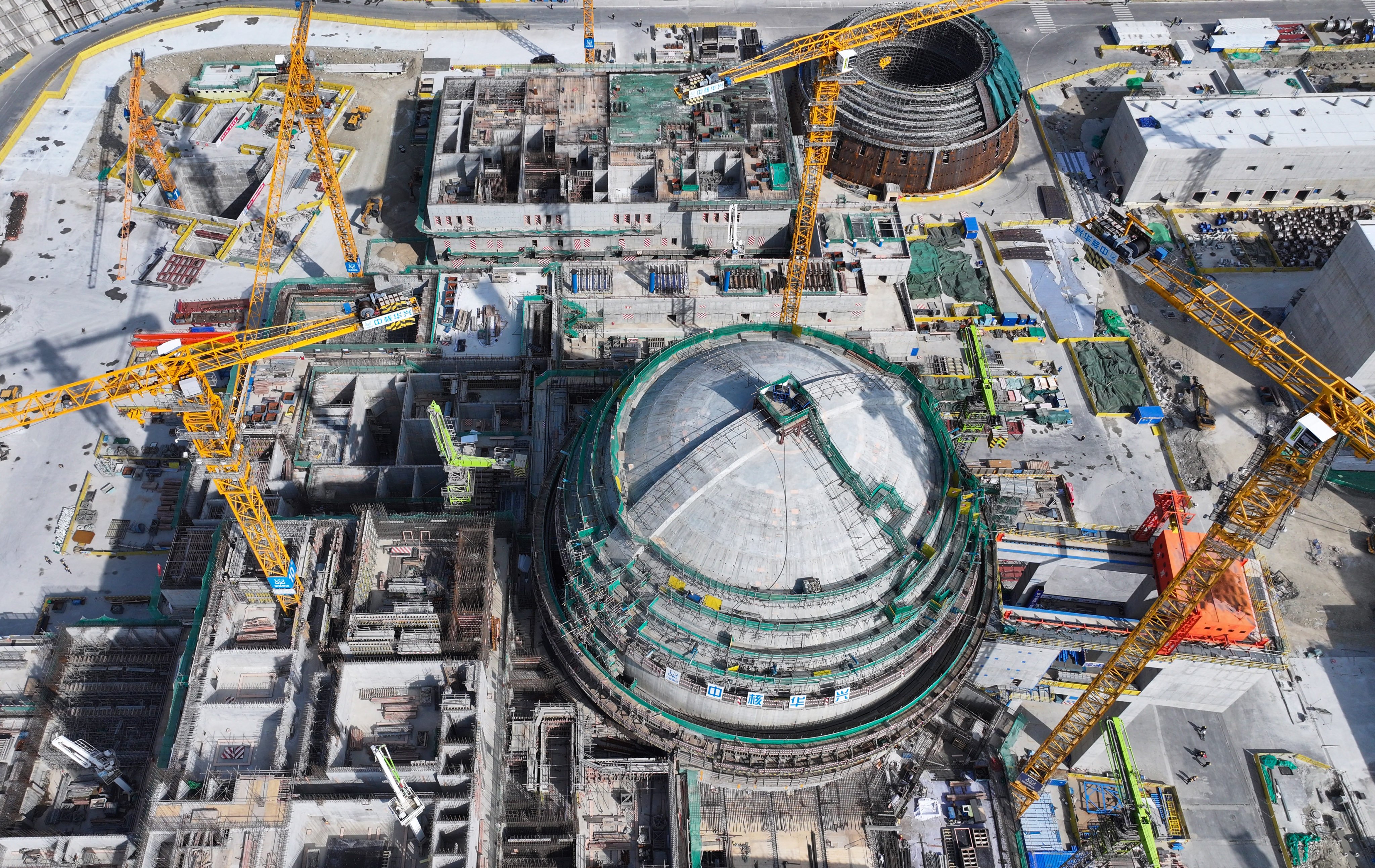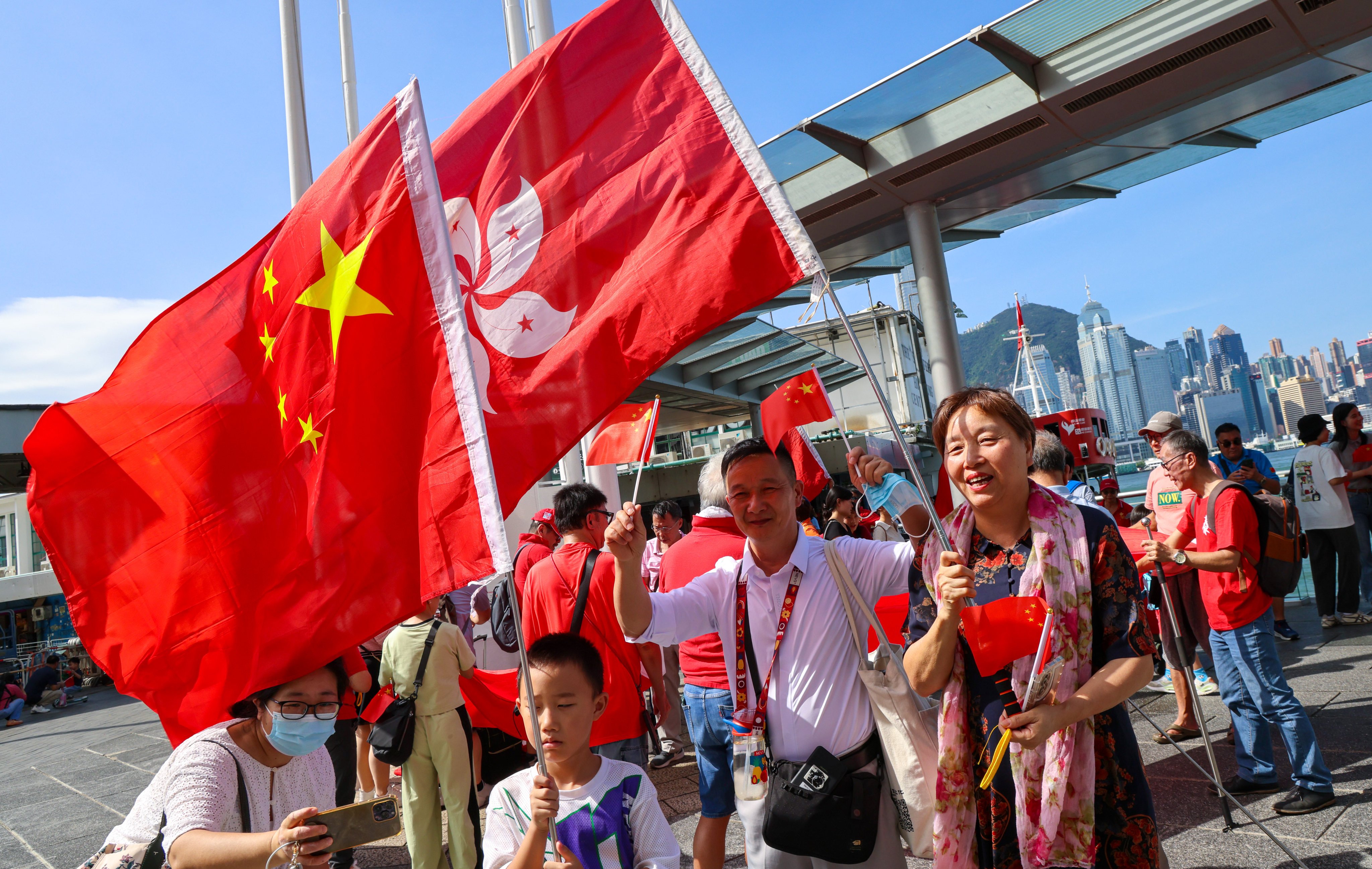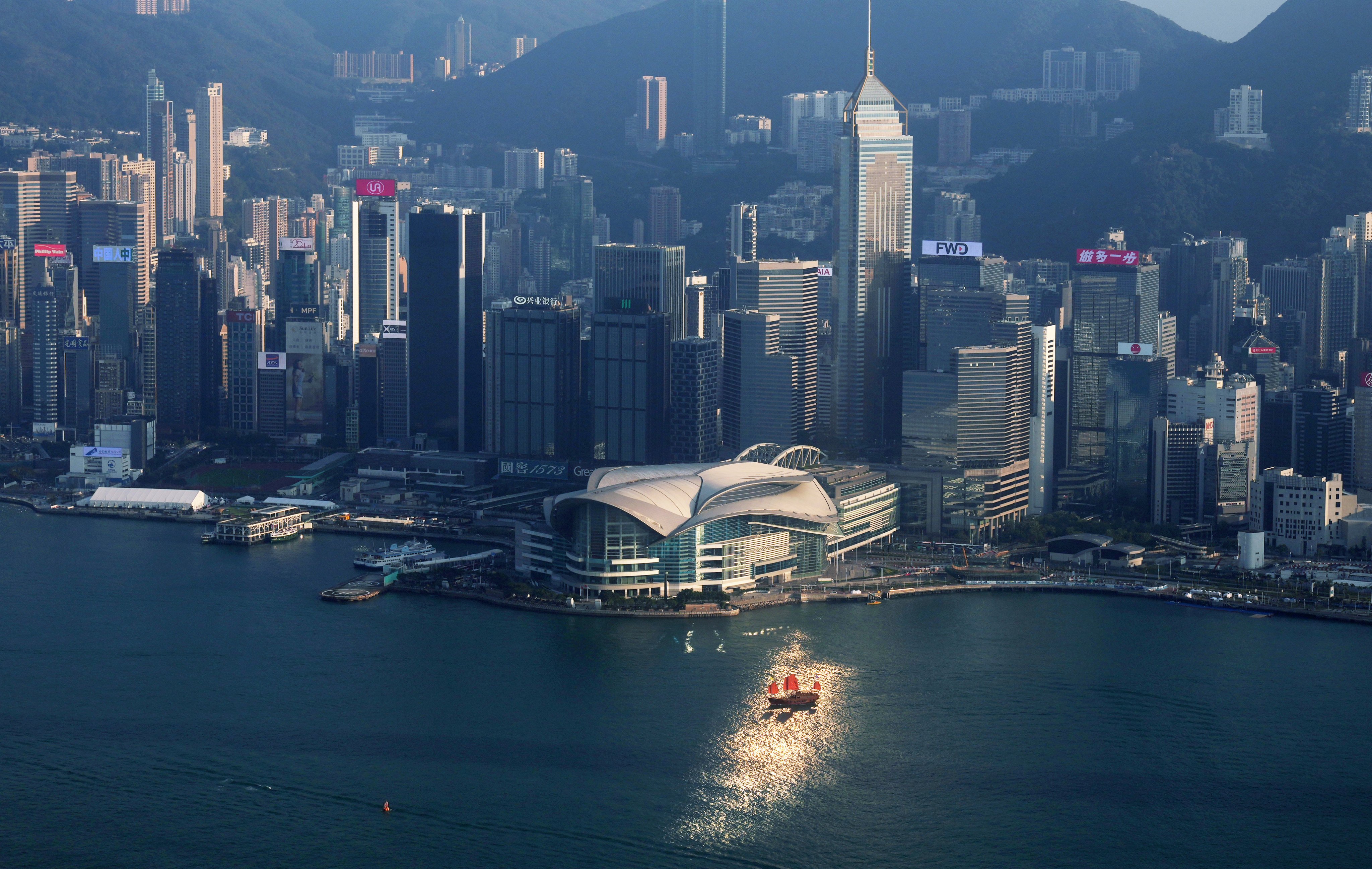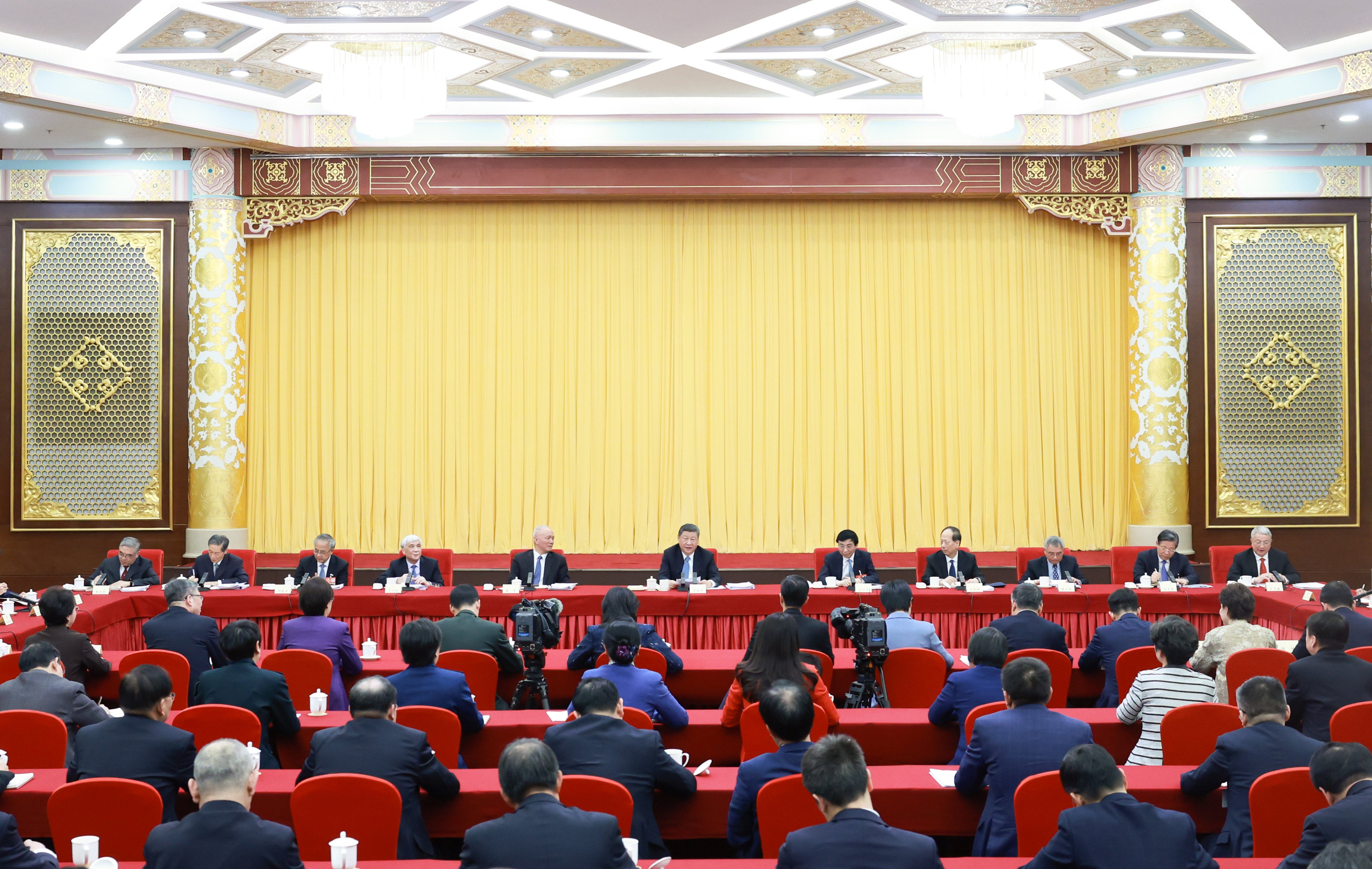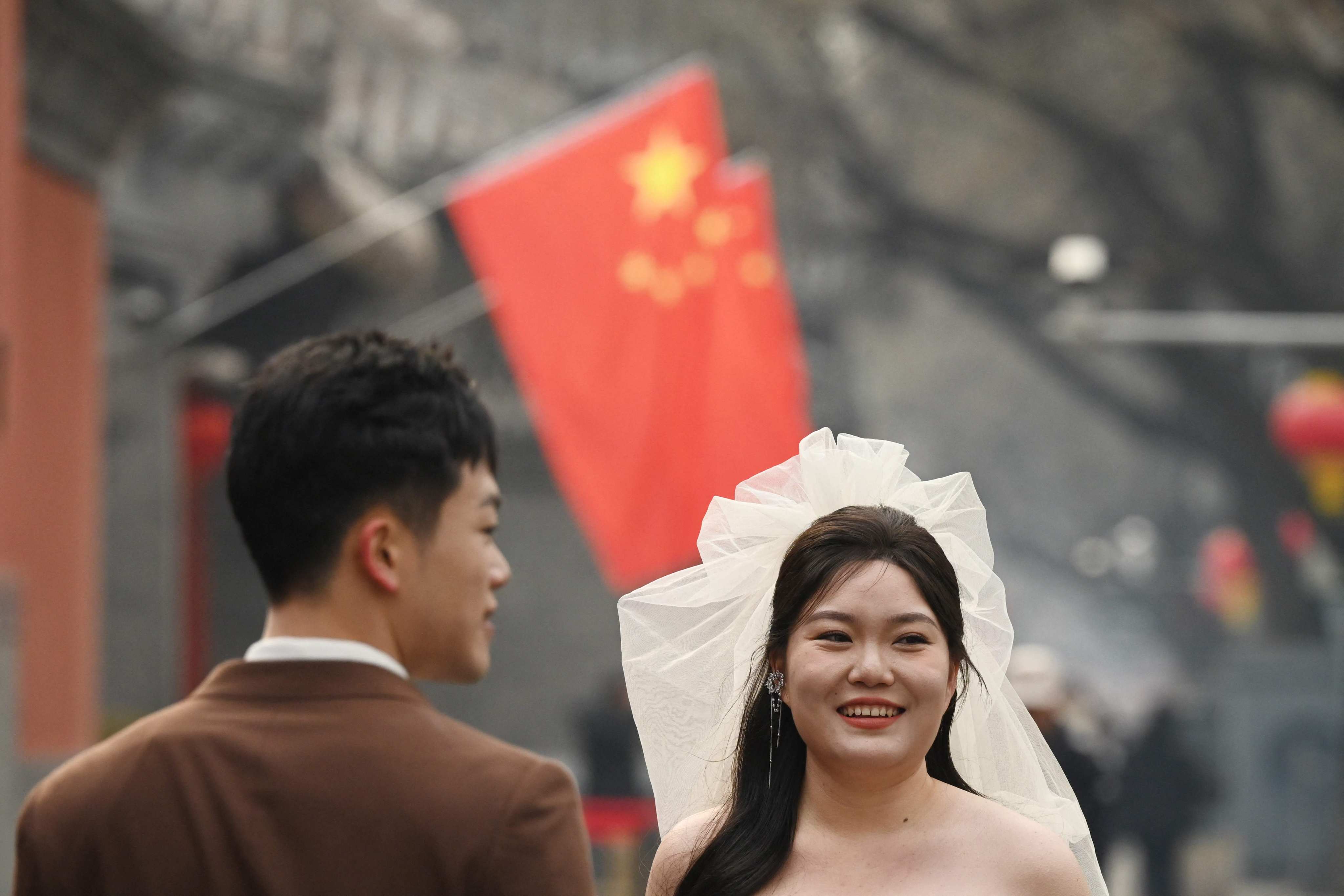Advertisement
Advertisement
TOPIC
Chinese People’s Political Consultative Conference (CPPCC)
Chinese People’s Political Consultative Conference (CPPCC)
The Chinese People’s Political Consultative Conference (CPPCC) is China’s top political advisory body. China's Communist Party has about two-thirds of the seats. The CPPCC national committee holds an annual meeting about the same time as plenary sessions of the National People's Congress (NPC). This joint meeting is known as the 'Two Sessions'.
Help preserve 120 years of quality journalism.
SUPPORT NOWAdvertisement
Advertisement
Advertisement
Advertisement
Advertisement
Advertisement
Advertisement
Advertisement
Advertisement
Advertisement
Advertisement
Advertisement
